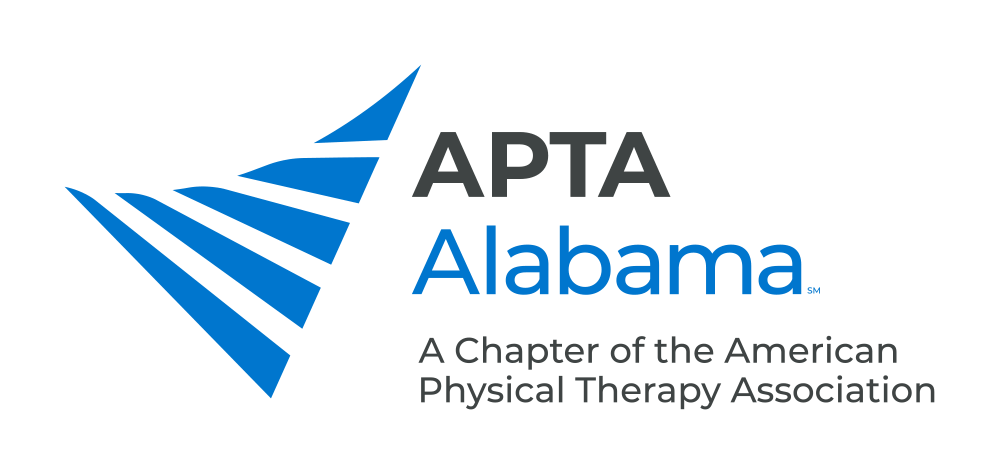Originally posted on:2013-01-29
On January 1, 2013, Congress passed the American Taxpayer Relief Act of 2012 (HR 8), which includes an increase in the multiple procedure payment reduction (MPPR) policy that applies to the practice expense portion of therapy codes. Currently set at 20% in private practice and 25% in facilities, the legislation includes a provision that raises the MPPR policy to 50% for all outpatient therapy settings beginning April 1, 2013. This is a flawed policy that has a devastating impact on physical therapy.
APTA estimates the application of a 50% MPPR policy will reduce aggregate payments for outpatient therapy services (physical therapy, occupational therapy, and speech language pathology) by 6-7% from the 2012 payment amounts. This is in addition to the 6-7% reduction of payment for outpatient therapy services that occurred in 2011 when the 20-25% MPPR reduction was implemented. Please be aware these are aggregate spending numbers and there will be variation among practices with regard to the impact. To determine the impact on your individual practice, refer to both the 2012 and 2013 MPPR calculators <http://www.apta.org/Payment/Medicare/2013/Changes/> available on APTA’s website. To see the impact from 2012 to 2013 on your payment, you must use both calculators and compare the 2012 rates to the rates you will be paid in 2013. Please keep in mind the increased MPPR will not be applied until April 1, 2013. Congress must act to avert this cut before April.
Email your legislators today, using APTA’s Legislative Action Center <http://www.apta.org/TakeAction/>, and ask them to prevent this provision from taking effect on April 1, 2013 by inserting a fix in the next possible legislative vehicle (such as the upcoming debt ceiling vote)! Don’t forget to personalize your message and tell your members of Congress how this will impact his or her patient and provider constituencies. You can also call your members of Congress by dialing the Capitol switchboard at (202) 224-3121 and asking to speak with your legislators.
Tell your legislators the impact this additional cut would have on your practice or facility:
* APTA estimates the application of a 50% MPPR policy will reduce payments by approximately 6-7% for physical therapists. Reductions may be higher or lower in some practices.
* This new reduction is in addition to the current MPPR that applied beginning in 2011 which reduced payments by 6-7%. This means that in calendar years 2011 and 2013, outpatient therapy services were subject in aggregate to a 12-14% reduction in payment overall. This could vary depending on the practice, its location, patient population and practice patterns
* An increased MPPR would restrict patient access to vital therapy services. Particularly hard hit would be patients with multiple chronic conditions, who might benefit the most from intensive therapy treatment programs. Many therapists will be forced to choose not to treat Medicare beneficiaries.
* Patients who do not receive timely outpatient therapy services would be at increased risk for hospital readmissions, additional injuries, and other complications.
* It will be difficult for all outpatient therapy settings from small businesses to large facilities to continue caring for vulnerable Medicare patients with cuts of this magnitude.
Tell your legislators that MPPR is a flawed policy when applied to therapy for the following reasons:
* MPPR is based on the assumption that duplication exists in the practice expense portion of therapy codes billed on the same day. However, the practice expense portion of the therapy codes were already reduced when these codes were initially valued since multiple services are typically provided to a patient during a visit.
* The current MPPR policy on therapy imposes a reduction to all therapy services and is not a discipline specific policy. To spread an MPPR over the three therapies equates to reducing payment for a cardiologist because a patient saw their general practitioner earlier in the day.
This policy is inconsistent with Health Care Reform objectives to shift care to efficient and less costly interventions. Ask Congress to prevent implementation of this provision TODAY!
Ellen R. Strunk, PT, MS, GCS, CEEAA
ALAPTA President
Ellen@rehabresourcesandconsulting.com
www.rehabresourcesandconsulting.com
Phone: 205.527.2338
Fax: 205.682.9872
__________________________________
American Physical Therapy Association – 1111 N. Fairfax Street, Alexandria, VA, 22314. 800-999-APTA (2782). To manage the types of e-mail messages you receive from APTA, please visit www.apta.org/email

